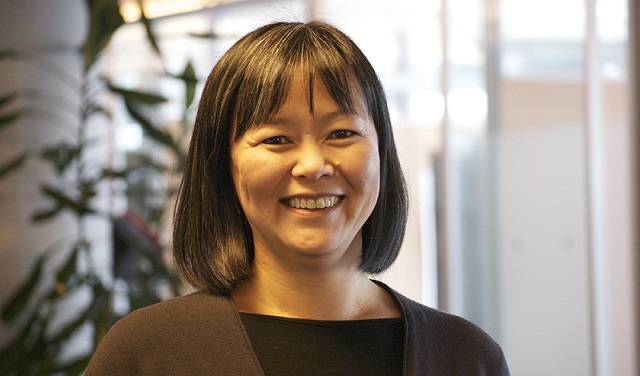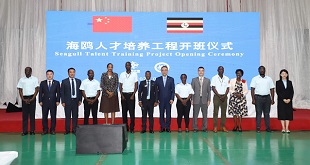
How satisfied are you with your government’s goal of helping Ugandans access cheap and clean energy as a means of fighting poverty?
Norway like Uganda has vast natural resources; hydro power in particular, so we have lots of experience and Uganda wants to tap into that expertise. That is why we are, or have been working with UEGCL, UETCL, REA and ERA. Moving forward, we would like to continue to cooperate on the technical aspects rather than the old-fashioned hardware cooperation. Last year, we entered into an agreement with UEGCL on training because we could provide the expertise needed. The Ugandan authorities know that they need to deepen and diversify the competencies of their staff and they know that we can supply that.
Norway has been an integral part of Uganda’s oil story. How would you describe the journey so far?
We have had the Oil for Development Programme in Uganda since 2008. It consists of technical cooperation, expert training and other advisory services. We are currently in the second phase and the third phase will start in April this year (2018-2021). Many countries are interested in learning from the Norwegian petroleum experience through our experts.You have already established many professional entities and seeing from outside we think that Uganda is well prepared. The Ugandan managers and experts the Norwegian experts meet here are highly professional, very serious and very much interested and dedicated to hearing about the Norwegian system in order to adapt and then implement elements of it here. As a result of Norwegian advice, the Uganda National Oil Company, the Petroleum Directorate and other agencies in this field have been inspired by Norway although I know that your experts have also gone to other countries like Nigeria, Equatorial Guinea, Trinidad and Tobago, Ghana, and Angola. Uganda’s oil sector is on the right track but it is important that the rules and regulations; including the environmental and societal aspects, are respected as you move forward. Transparency on issues related to this sector is a priority in Norway, an element that also Uganda supports.
How do you suggest Uganda manages its carbon footprint which will definitely shoot up with the advent of oil production?
First and foremost there are new technologies of producing oil. But you also have laws and regulations and standards for producing oil in the best possible way in terms of containing Uganda’s carbon footprint. There are international systems for mitigating and addressing the challenges of such emissions. Norway, for instance, is part of the UN system of REDD (Reducing Emissions from Deforestation and Degradation). This is something we adopted in order to try to be as carbon neutral as possible even with oil and gas production.
Last year, the UN joint programme on gender-based violence in Uganda, which Norway was a part of, ended. What were the learning experiences out of that programme?
What we saw from that programme is that there is need to have multiple interventions if we are to succeed in combating gender-based violence. You have to engage the men; you have to engage society and the community. You also have to engage the different agencies of the UN. We can see that it is not enough to tell people that you should stop hitting or abusing someone; you have to provide a system for people to change behaviour. That programme showed that there is need to cooperate among the different Ugandan authorities; the local police, the health personnel and protection officers. When they work together, violence is reduced.
 The Independent Uganda: You get the Truth we Pay the Price
The Independent Uganda: You get the Truth we Pay the Price


